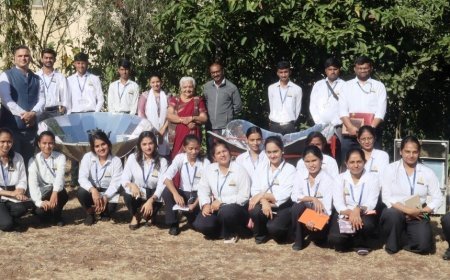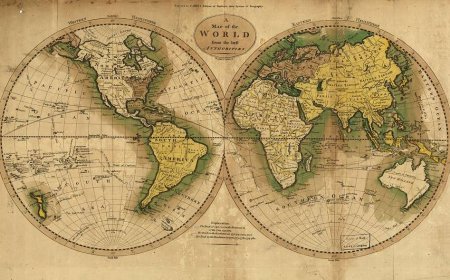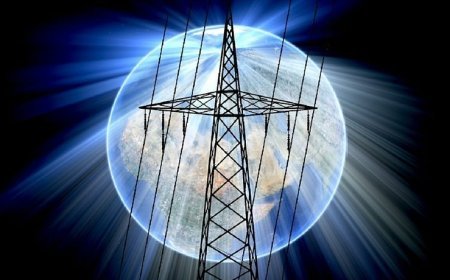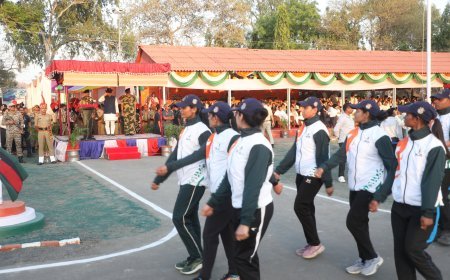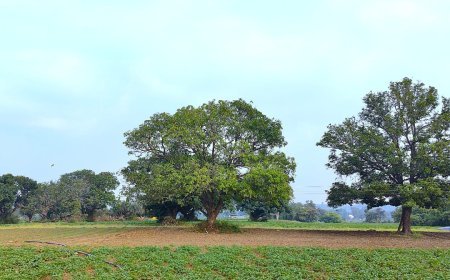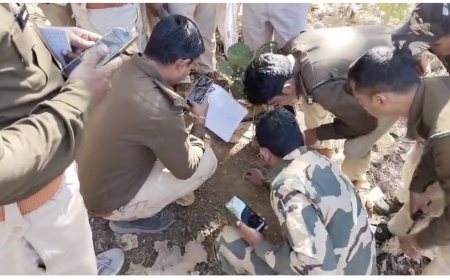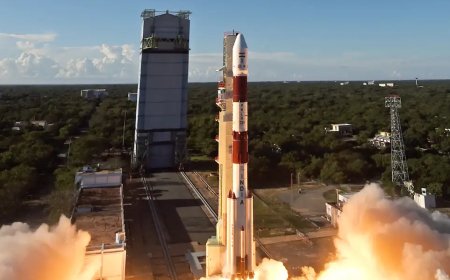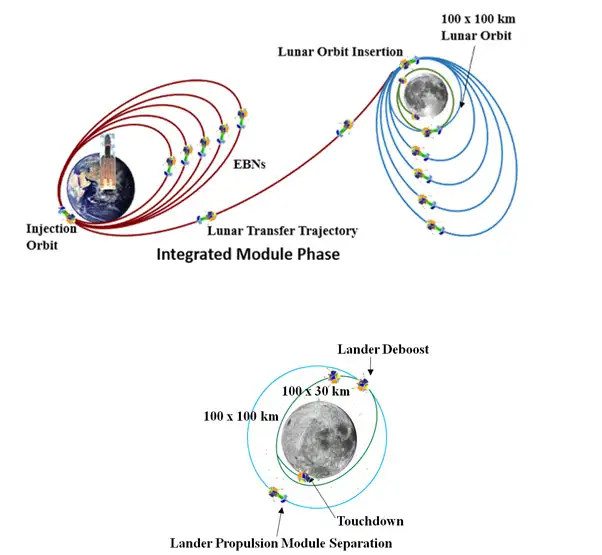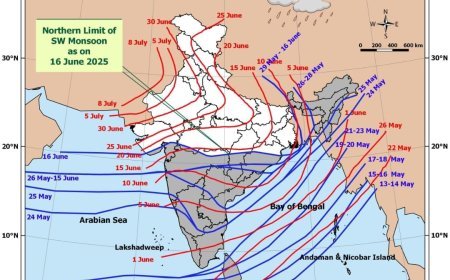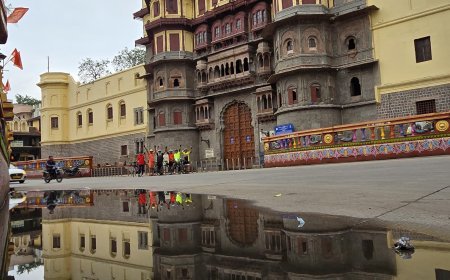MP NEWS: Indore Takes Big Steps in Water Conservation Amid Growing Water Scarcity Crisis
Indore, facing an alarming water crisis, has been officially declared a water-scarcity zone. A ban has been imposed on private tube well digging to prevent further depletion of groundwater resources. The move is part of efforts to safeguard water supply and ensure sustainable usage.

With water scarcity becoming an urgent issue, the entire district of Indore, including the city, has been officially declared a water-scarcity zone by the district administration. The move comes in response to rapidly depleting groundwater levels, which have reached alarming levels in recent months. To address this issue, the Collector and District Magistrate, Mr. Ashish Singh, has imposed a strict ban on the digging of non-government and private tube wells, effective from today, March 20, 2025, until June 15, 2025.
This decision, made under the provisions of the Madhya Pradesh Drinking Water Protection Act, aims to prevent further over-extraction of groundwater, a critical resource for the region. The authorities have empowered municipal and district officers to take stringent action, including the seizure of illegal tube well-digging machines and filing FIRs against offenders.
What This Means for Indore’s Residents
For now, private citizens and businesses cannot dig new tube wells without prior approval from the concerned authorities. Only registered agencies, with the necessary permits, can undertake such activities after a detailed investigation and permission from local authorities. The ban will remain in place for the next three months, coinciding with the region’s critical dry season, which exacerbates the water crisis.
However, the order doesn’t affect tube well digging under government schemes aimed at providing public drinking water, which can proceed as planned without additional permissions. Moreover, existing private water sources, including tube wells, can be requisitioned for public use if necessary to address water shortages.
Indore’s Water Crisis: A Deeper Look
Indore, a bustling urban center in Madhya Pradesh, has long faced water scarcity challenges due to rapid urbanization, increased demand, and decreasing natural water resources. As the region continues to expand, the existing water supply infrastructure has struggled to keep pace, placing immense pressure on groundwater reserves. The situation is compounded by a lack of proper rainwater harvesting in many parts of the city and growing water wastage.
In addition to the ban on private tube wells, authorities are taking other steps to address the water crisis. These include enhancing the efficiency of the public water distribution system, promoting rainwater harvesting practices, and encouraging citizens to adopt water conservation measures in their daily lives.
Why the Ban Is Crucial
The decision to halt the digging of private tube wells is a necessary and immediate response to prevent further depletion of groundwater resources. Over-extraction by unauthorized tube wells has caused severe groundwater depletion, leading to shrinking water tables. Groundwater serves as a vital source of drinking water, especially in rural and semi-urban areas, and excessive extraction threatens the long-term sustainability of the water supply.
By limiting private digging activities, the district administration aims to conserve precious groundwater resources and ensure that public water supply systems are sustainable in the face of growing demand.
Next Steps: Ensuring Adequate Water Supply
As part of the ongoing efforts to manage the water crisis, the Indore administration is also focusing on improving the city's water infrastructure. Officials are exploring new water sourcing projects, enhancing storage systems, and seeking alternatives such as desalination and wastewater recycling.
Local residents are urged to practice water-saving measures such as fixing leaks, using water-efficient appliances, and adopting rainwater harvesting to help mitigate the ongoing crisis.



